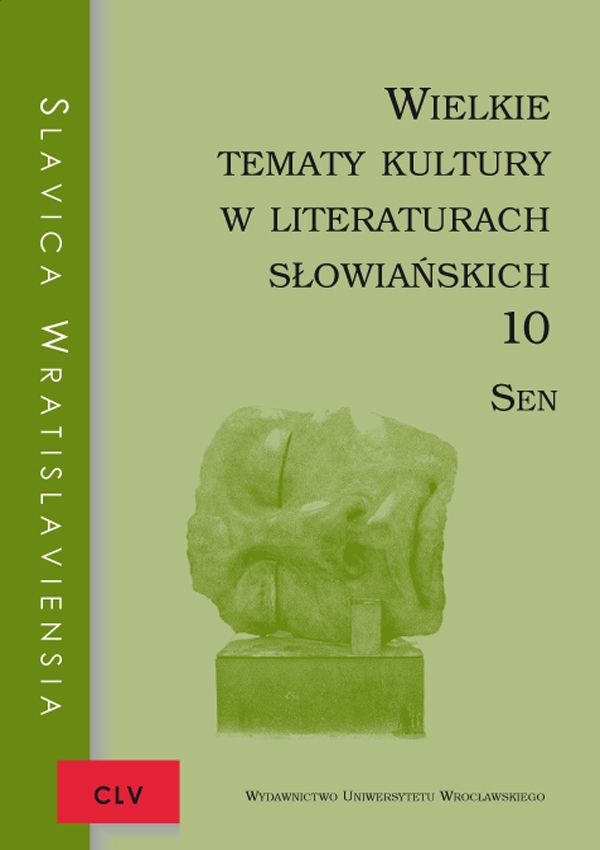

Articles

Poetics and functions of dreams in the Russian high comedy The Ignoramus,Woe from Wit, The Government Inspector
The paper analyses the function of the motif of sleep and dreams in the evolutionary series of the Russian high comedy from Fonvizin to Gogol. As it is seen from the earliest examples of the genre, the motif of sleep seems to be immanent in the concept of the Russian comedy in the works of A.P. Sumarokov and V.I. Lukin. Its functionality can be discovered in two ways: either as the creative process element the revelation of the plot in a dream followed by comedy text writing, e.g. Lukin, Griboedov or as the demiurgic element of the comedy. In the first scenes of the Russian classical comedies The Ignoramus, Woe from Wit and The Government Inspector the motif of prophetic dreams is expressed rather explicitly, thus symbolically prompting the denouement. Thus, hidden behind the symbols of dreams, a symbolic transpersonal force enters the comedy concept directing the dramatic action. Its influence adds certain predictable fatality to the comedy action and introduces the tragic potential to the genre structure of the Russian high comedy.